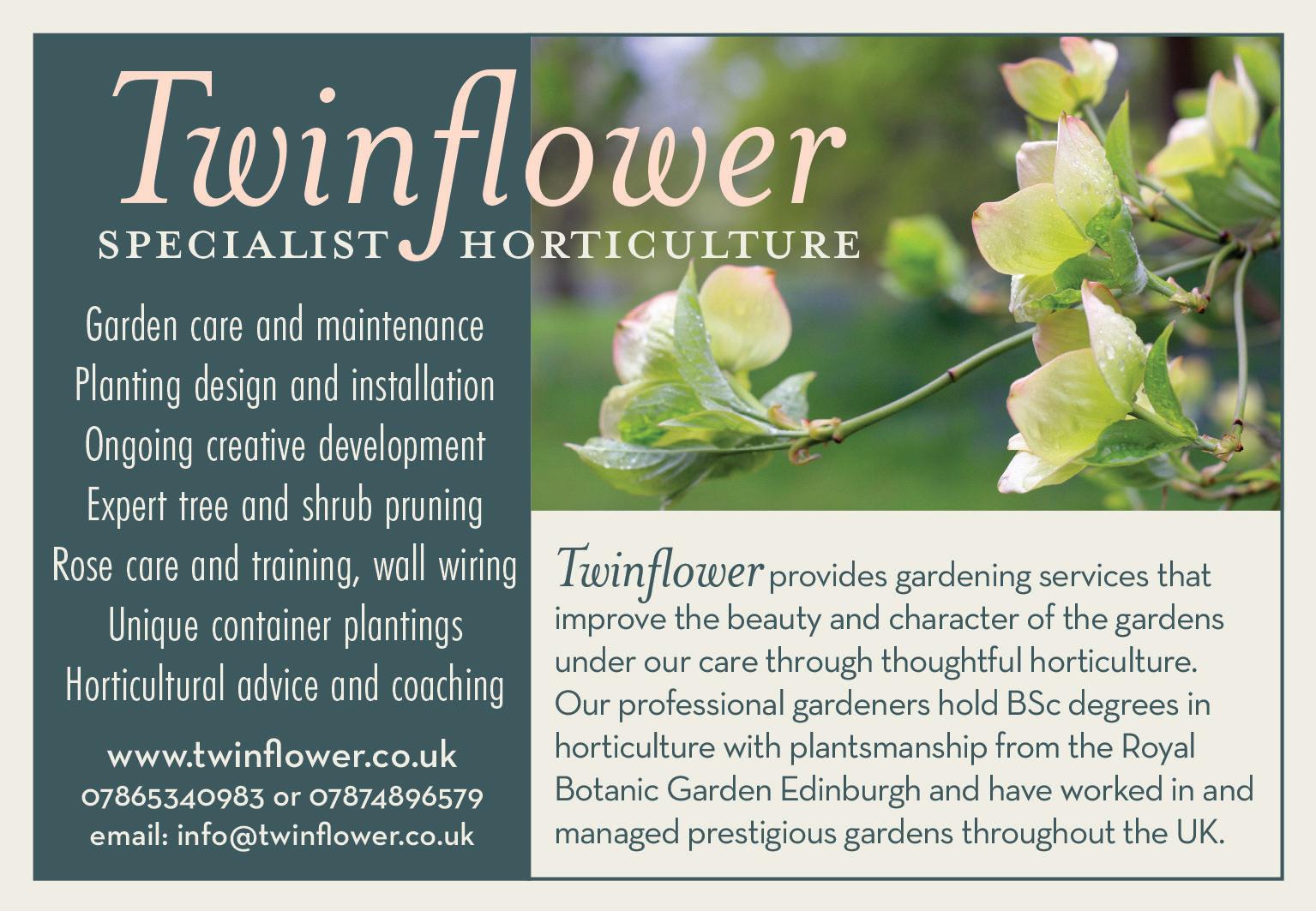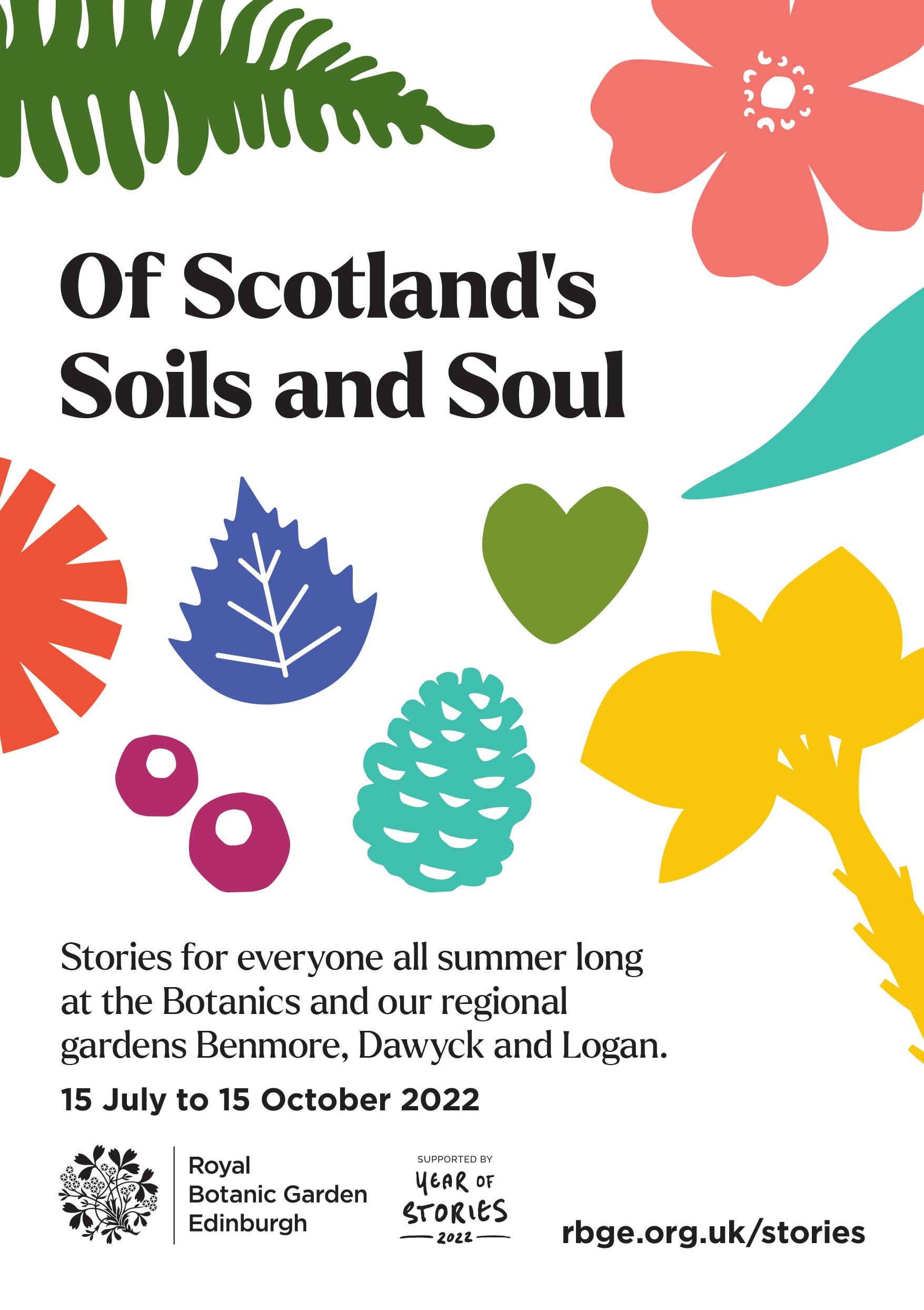
3 minute read
An Article From Deidre Brock MP
For many of us, especially those of us living in towns and cities, the concept of biodiversity can sometimes seem a little remote, perhaps conjuring images of exotic plants in a faraway rainforest, or of some rare aquatic species. Rather than being somehow distant or even separate from human life though, biodiversity is actually the very basis for it. The air we breathe, the water we drink and the food we eat, all rely on an enormous and remarkably diverse range of animals, plants and microorganisms. We’re lucky enough to have right on our doorstep one of the world’s leading scientific institutions in the preservation and restoration of biodiversity. Perhaps better known to many for its stunning grounds and unique range of plant species, the Royal Botanic Garden Edinburgh (RBGE) is also a centre of excellence in conservation research and horticulture. On average, the RBGE discovers three new species each month that were previously unknown to science! Scientists at the Botanics work with partners in more than 40 countries on recovery and restoration; from forest management with local communities in Tanzania, to satellite data modelling in China and Southeast Asia, to its Centre for Middle Eastern Plants, and much more. The RBGE also of course leads many projects in Scotland, including fighting threats from emerging plant disease - such as Phytophthora pluvialis, the fungus-like pathogen that attacks many tree species - and reintroducing threatened species like the Alpine Blue-sow-thistle in the Grampians, and the Isle of Arran’s Whitebeam, one of the most endangered trees in the world. With biodiversity declining at a frightening rate - faster than at any point in human history - the work of institutions like RBGE is absolutely critical. Around two-thirds of plant species are now threatened with extinction, while the number of animals living on Earth has halved since 1970. In Scotland, we’ve already lost nearly a quarter of our wildlife. A recent RSPB’s State of Nature report found that 15% of species assessed across the UK are at risk of disappearing for good, including native species like the Scottish wildcat, the capercaillie, and the Scottish primrose. That's why Scotland has been taking action to protect and rebuild our natural habitats – planting trees and vegetation to revitalise our woodlands and forests, restoring driedout Scottish peatland, and establishing new protected marine areas. A consultation has been launched to create at least one new national park by 2026 and the upcoming biodiversity strategy from the Scottish government will include a target to halt nature loss by 2030 and reverse it by 2045. Scotland’s also shown international leadership by coordinating the Edinburgh Declaration, a statement of intent signed by partners on every continent, calling for a bigger role to be given to state and regional governments, cities, and local authorities in ending biodiversity erosion. This is timely action with COP15, the UN Biodiversity Conference, coming up in December. As I said in a recent Westminster debate, biodiversity loss is intrinsically linked with the climate crisis and is an emergency deserving of equal attention. While the conference is not receiving the same coverage as COP26 did in Glasgow last year, the need for leaders to commit to transformational action at COP15 is just as urgent. If we are to bring nature back from the brink, then it will be in large part due to the work of institutions like the RBGE. Our beautiful and greatly loved Botanics has a long and renowned history, with over 350 years as a custodian of global plant collections, but its work in the present and near future will be even more significant.
Tai Chi and Qigong Classes
Advertisement
-for Relaxation and Vibrant Health
Outdoor Beginners classes every Friday, 11am – 12pm, Sundial Garden, Inverleith Park, Stockbridge A unique opportunity to learn Tai Chi in a small group outdoors in the fresh air in beautiful, natural, secluded surroundings
Online Tai Chi and Qigong Courses commence live online week commencing Monday 22nd August. Classes for all levels of ability and experience. Video Support available for regular students. Fantastic Summer offer available!
Easy Qigong Relaxation Workshop, Saturday 3rd September, Young Room, Stockbridge Church, Saxe Coburg Street. Suitable for Absolute Beginners as well as the more experienced.
Booking essential to guarantee your space in all events Experienced, well-established, internationally trained Teacher. For more details of all these and all Tai Chi and Qigong Relaxation courses/classes/events, please visit: www.taichiqigongholidayretreats.com or call Hazel on 07990 582921











